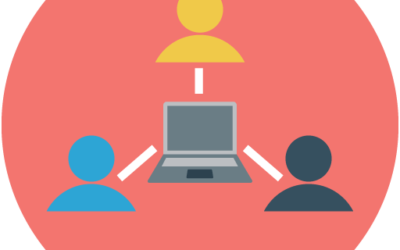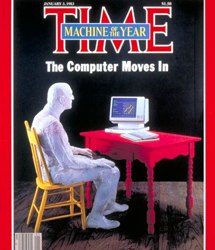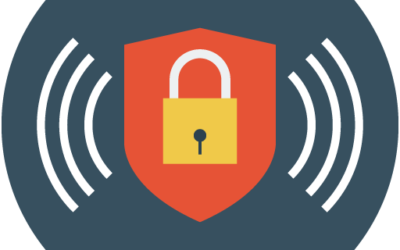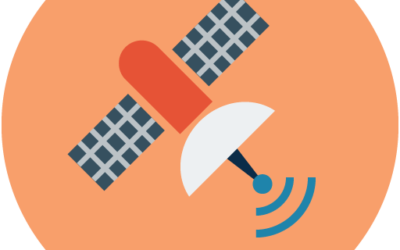How to Parent in a Digital World: Resources
Family Minecraft Policy (Google Docs version here)
Family Support Form Responses (copy this to your Google Drive so you can adapt it to your family’s needs. For help, see How to copy a Google Form)
iOS 12: Getting to Know Screen Time & Stronger Parental Controls (for iPhone/iPad)
The Complete Guide to Setting up Parental Controls in Windows
How to use Parental Controls in Windows 8
How to Use Parental Controls in OS X to Protect Your Kids
4 Ways to Set up Parental Controls on Your Home Network
Parental Control Tools That Cover Every Device In Your Home
Core tenets of the social web
The Core Tenets of the Social Web, 25 years in the making
This post originally appeared on the Harvard Business Review. We like to think of the social web as green fields in which we are just now sowing best practices and first principles. After all, if there are no hard-and-fast rules, then anything goes. We get to come up...
Cut the cord
Honoring the debt Canada’s connectivity owes to Chinese workers
When you choose a historical metaphor, you make claims on conscience as well as imagination. Canada chose to complete its national network of connectivity in November 1985, on the 100th anniversary of completing a national railway built on the hard work of ill-treated Chinese workers. The Canadian – and global — Internet is in danger of repeating that sad history.
Custom URL shorteners put the poetry back in domain names
25 rules of social media netiquette
The quality of our online communities depends on the attitudes and behaviors we bring to it. But Emily Post can’t always help: life online demands new ways of interacting. The term “netiquette” was coined in 1983, the same year that brought us our first list of guidelines for online behavior. The 13 rules laid down in 1983 are still as relevant as ever, but social media has brought new challenges and thus, new best practices. This post rounds up 25 netiquette rules from across the web, covering both longstanding and emergent principles.
6 ways to beat time zones with technology
Picturing the Internet in 1981
6 questions to prepare you for a social media crisis
10 ways spam taught us to focus our attention
First seen in 1978, spam has become the vaccine for your attention span. It’s the toxin that has stimulated our immunity system’s defenses. Thanks to spam, we’ve had to find technical, social and personal ways of keeping our eyes on the 22% of e-mail that isn’t pure junk, and to avoid the 78% that is.










